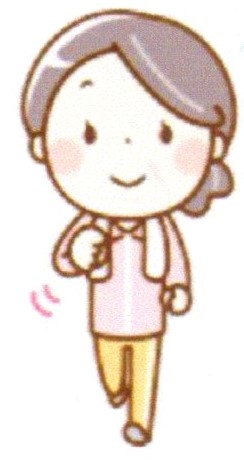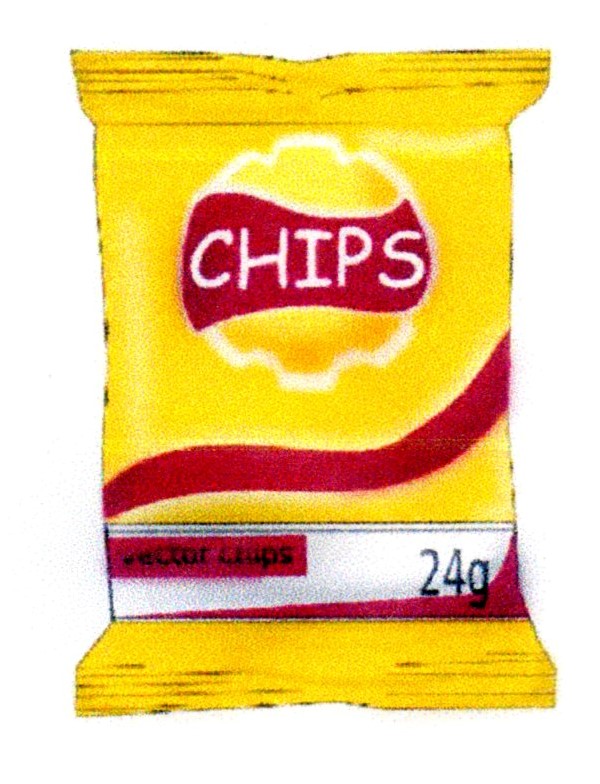 Design your Diet
Design your Diet
6. Know your Habits
If you go on the internet and ask anything about diets, you’ll see a heap of stuff, including pills that will make you lose half-your-weight in next-to-no-time. Recently, I saw a TV programme on ‘Teas’ that help you slim. They were laxatives. Can this be safe? If you want to use such techniques, why not just buy laxatives, they’re much cheaper? They’re NOT doing what you want anyway, which is to lose your fat, so I hope that you don’t get fooled by the adverts. The only weight you’ll lose, is in your bank balance, so it doesn’t work.
You can reduce your liquid intake and that will make you lose weight quickly, but it is temporary, not good for the kidneys either- so that’s no good – except …
You may discover that alcoholic drinks, wine, beers etc. get turned into sugar inside you, so you could end up drinking more sugar cubes than the Cola (again) by drinking 'booze'. Not good for the liver. Dabbling with pills or imbibing excessive alcohol isn't really going to help, as 'booze' is fattening. Our chocolate digestive biscuit had 85 calories.
A glass of wine has 120 calories!
(I’ve just looked it up)
Don’t ask about the full bottle.
What you want is a diet that lets you eat the stuff
you normally eat and that’s what I have.
How?
Simple really, it’s in the Six-word diet,
Move-more-Eat-less-Will Power
Yes, you guessed, Eat Less.

I’d been moving-more on my little walks.
Now I thought: How can I Eat less?
I had to look at what I ate - and - when I ate it.
Much eating is a habit, just as smoking was for me.
I liked to smoke after finishing a meal.
It felt like it settled my tummy. It was good for my digestion. It was the hardest cigarette not to have when I was trying to stop. I came to realise it wasn’t settling. It wasn’t good for anything. It was a habit and it was a bad one. I was fooling myself. I'd better explain what I mean about 'habit'.
Routines
We are all 'addicted' to our routines of what we do every day. We get up; we have our breakfast. We depart the house; same time every day. At mid-morning, we have our break. At lunch time, we eat at the same time. Our afternoons are similar. Our bodies run on the ‘expectations’ of the milestone events during our day. It’s our ‘Habit’. It is hard to break that routine – hard to change. Our bodies don’t want to do it. It is not as comfortable.
Are we ‘addicted’ to our Habit?
Scientists will say that we can’t use the word
‘addiction’,
but I think that you know what I am saying.
If you want to help yourself, begin to look at your habits
and especially your eating pattern.
Calling it a ‘habit’ might seem extreme,
it might be a surprise, but IF it is a ‘habit’ -
that will be very useful to us.
We form a habit by doing the same thing many times and our brains learns the pattern, so that we can repeat any common process more easily without having to concentrate and think about it too precisely. This natural process frees the brain for additional activity. We can prepare our breakfast on autopilot, whilst listening to news and conversations on the radio, whilst also monitoring the actions of family around the house. We tend to eat the same or similar things, at the same time every day.
If a habit can be formed, it can also be changed
and replaced with a different habit
by repeating a different process.
We can reduce food quantity
if we do it slowly.
When we start, we have to think about it, but if we only make a small change for long enough it will become the new ‘habit’ and gradually it will be accepted as ‘normal’ by our brains. How long does it take? That’s what you have to discover. I found that some eating habits were relatively quick and easy to change, whilst others took much longer. I'll tell you more later.
Think about your eating pattern
Forget breakfast for a while.
What do you drink at the mid-morning break?
Coffee? Tea? Flavoured milk? A can of something?
What do you eat?
Bag of crisps, Chocolate biscuits? Sandwiches?

I’ll bet that you are ‘addicted’ to whatever you have.
Does your body actually need this?
Probably not, but your mind does.
You don’t know that it’s doing it, but when ‘snack time’ approaches, the urge begins to creep up on you and it has to be satisfied in the usual way. To break this ‘habit’ would take as much effort as not having that after-meal cigarette. There are places in the world where people would have only your snack-amount of food in 24 hours and they would stay alive – but they’re not fat.
I am NOT saying starve yourself.
I am not saying Stop-this-Minute.
I am saying become aware of what you do -
by habit.
You can Test-the-Truth of what I say.
Next mid-morning drink time
don't eat the biscuits, or crisps, or whatever.
See how easy you find it.
To get a grip on what you eat and when you eat it, you first have to understand what it is that you do every day - automatically. What do you eat at breakfast?
At mid-morning break?
At lunch time?
If you are a serious case you should probably start by trying to restrict eating only to these times and not to snack in between, but take it slowly. It is a matter of control.
It will be you understanding yourself and gaining control of yourself.
Nobody else can do it.
To do it probably means change.
If you know what you have to do
and that you want to do it, it will be easier.

Walking. (Move-more)
I can see the snowdrops coming through the other side of the railings along the edge of the graveyard where I am walking.
Our old graveyard has lots of lovely mature trees in it, but the new graveyard is clear.
Maybe I can walk all around the outside edge of the new one? It's a challenge.
I hope you are walking.
After a few days you can walk a bit further.
(You are walking as part of your effort to MOVE-more)

To Read more go to top of page.
Hover on 'Eat Less'
Read Diet 7 - 8 etc